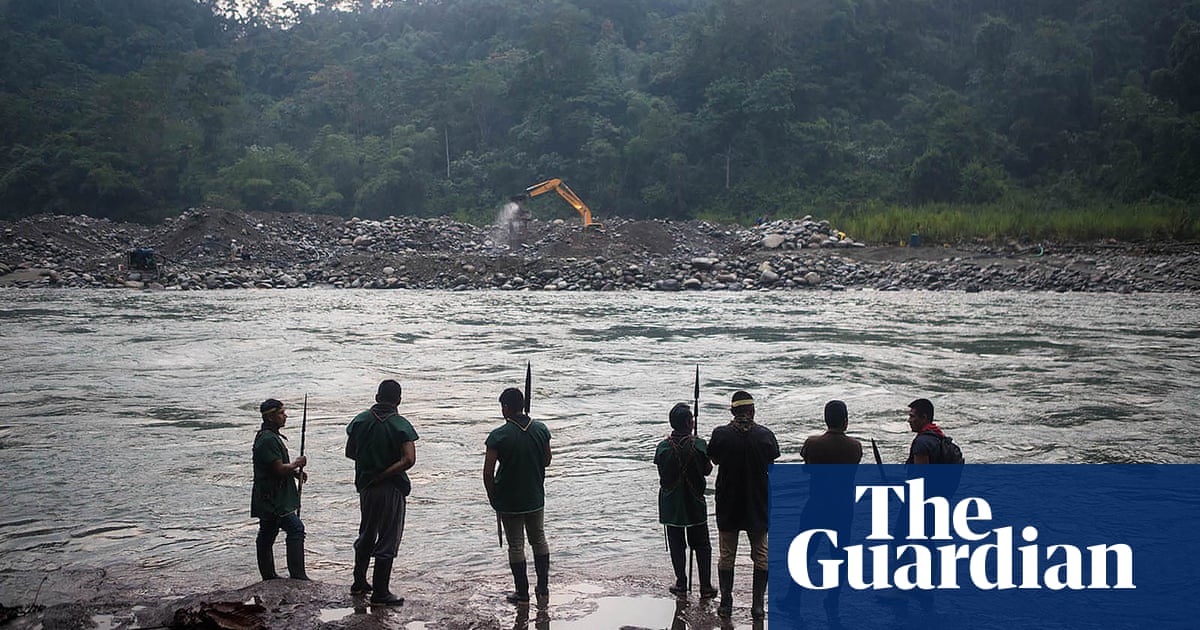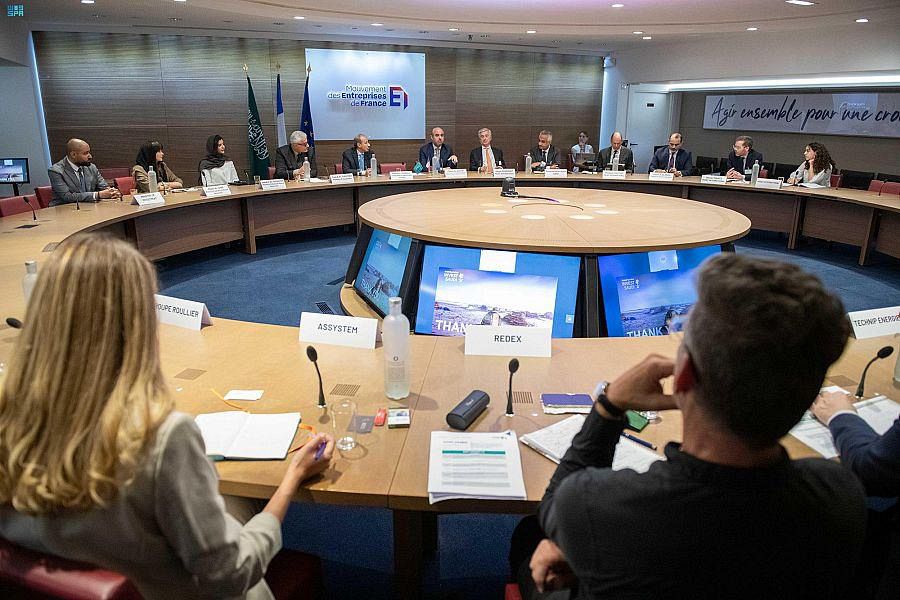
Juan Julio Fernández Hanco was shot in the head on his brother’s doorstep in March. His family says they know the killers by sight and still see them around La Pampa, a gold-rush town and hub for organised crime in the Madre De Dios region, on the highway through the Peruvian Amazon.
Fernández, 52, and his family are well known locally. The home where he died belonged to his brother, Germán, who helped manage the nearby Tambopata national reserve, trying to protect Peru’s eco-tourism haven in the rainforest from miners who would hack down its trees and leave it scarred with toxic pools.
“They continue to threaten us,” says Dr Salvador Fernández, 38, another sibling. “They say they will kill us all and take our land.”
Salvador is sceptical about the police efforts, saying: “If they wanted to catch them, they would have done so by now, but [the killers are] free. I don’t think we will see justice in my parents’ lifetime.” He has moved back in with his grieving 80-year-old parents, who still hold on to the plot of land that the family uses for forestry and cattle farming in what was a peaceful region before an asphalt road and the 2008 economic crash brought in thousands of illegal goldminers and criminal gangs.
Fernández was one of 29 people killed since the outset of the Covid pandemic in 2020 for defending their rights or land from illegal mining, drug and land trafficking, according to Peru’s human rights coordinator.
As gold prices have surged – driven in part by Russia’s invasion of Ukraine – so have rates of killings, extortion and violent land invasions. Criminal gangs have taken advantage of lax law enforcement, unemployment and rising poverty. Where they need land they steal it.
In 2019, the authorities in Peru launched a clampdown on illegal mining, Operation Mercury. The goal was to raze La Pampa, home to about 25,000 people, from the map.
It did get results. Deforestation caused by illegal mining dropped by 92%, according to Maap satellite images.
But a lack of strategy and political will has undone the advances, according to Karina Garay, a former environmental prosecutor in the 2019 taskforce.
“We advanced one step with Mercury, now we’ve gone back two steps,” she says. “There have always been mafias here. Now that the illegal miners have returned, so have the criminals.”
There are more than 46,000 people mining in Madre De Dios, according to a recent report, far more than the 2020 report by Peru’s mines ministry, which estimated there were about 50,000 in the entire country.
In September 2020, Demetrio Pacheco, 66, found his son’s body after a frantic search. Roberto Carlos, 34, had been shot after years of death threats. In 2017, a bullet was left on a wooden table when Pacheco refused to meet criminals who had invaded his family’s forestry plot, and Roberto Carlos was beaten and threatened.
Pacheco, surrounded by mounds of documents in his bungalow in Puerto Maldonado, the regional capital, says he believes justice will prevail even though it moves at a “tortoise’s pace”. Five people are implicated in his son’s murder. Two he knows, their names are on false documents – title claims for his land.
Pacheco, 66, is in constant legal battles to protect his land from thieves who bribe lawyers and regional government officials.
In July, Herly Huanqui, 50, was beaten by a gang of men armed with sticks. His neighbours were also attacked and chased off their land.
“We organised a meeting, hoping for dialogue, but they came armed,” says Huanqui, secretary of an agricultural association in Santa Rita Baja, about 125km (75 miles) west of Puerto Maldonado. “We were savagely beaten with machetes and sticks.”
He was left with a permanently damaged eye, and an elderly woman and her daughter were beaten with the flat side of a machete.
“They were trying to evict us from our land, we had to defend it,” he says. The gang had invaded part of their land, then carved it into plots, which they tried to sell to other settlers.
“We called the police and they ignored us, only arriving after several hours,” Hanqui says. “Then, they twisted the facts. We handed our purchase and sale title to the police and it disappeared,” he says, referring to one of the few documents which corroborate their land title. “The impunity is what fills me with a sense of impotence.”
The Guardian approached the police in Madre De Dios for comment but was told they could not respond due to a change of command.











